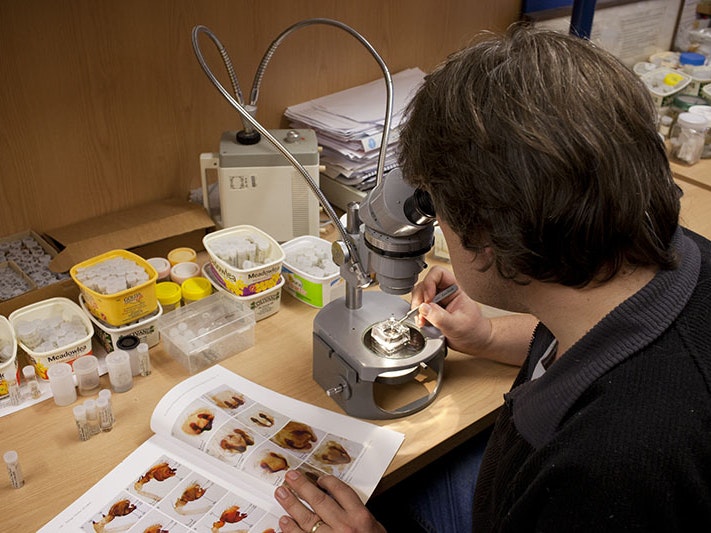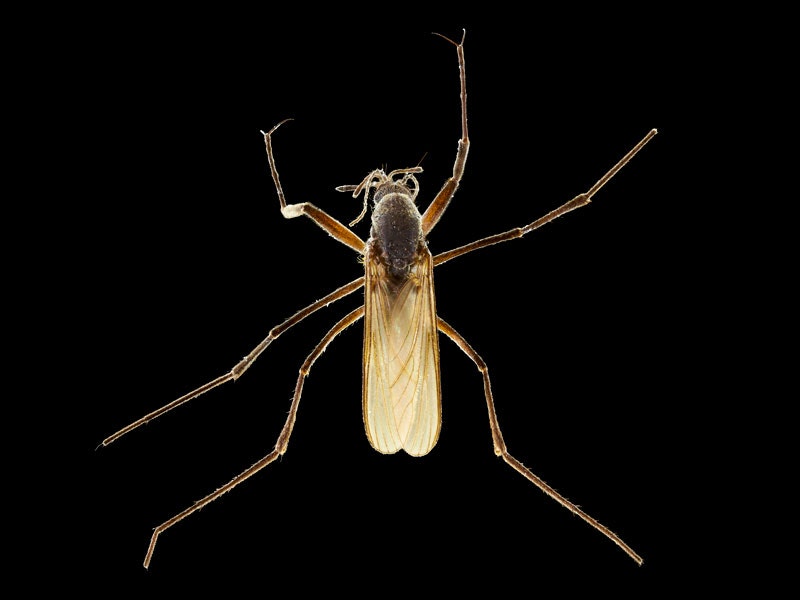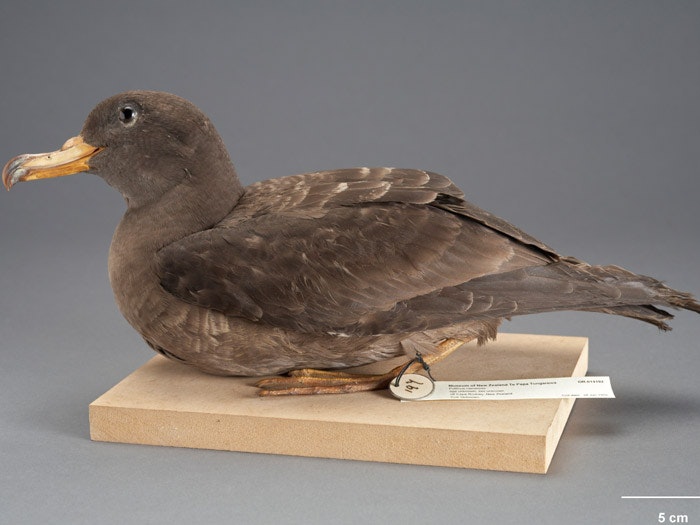
Help identifying an object, a treasure, or a specimen
Discover more about your item of interest.
Free museum entry for New Zealanders and people living in New Zealand
Open every day 10am-6pm
(except Christmas Day)
Free museum entry for New Zealanders and people living in New Zealand
Find out about our Natural History research areas and who we are.
Our Natural History research underpins New Zealand’s natural resource sector, supporting conservation management, biosecurity, and primary industry, as well as education and public engagement.
Our Natural History research projects fall under five themes.
We classify species by working out how they’re related to each other (taxonomic research). To do this, we statistically analyse DNA and other biological data – known as biosystematics. Te Papa is a leading agency for taxonomy and biosystematics in New Zealand across broad biological groups.
We undertake field trips to find and monitor species populations, and act as a hub for citizen science discoveries.
We seek to understand the living organisms that made New Zealand their home over millions of years – how they evolved (adaptation), and where they lived and how they redistributed over time (biogeography).
This work contributes to the conservation and restoration of New Zealand’s present-day ecological communities. As part of this, we explore the effects that changes in the environment have on our country’s plants and animals.
We determine the biology, ecology, and genetic diversity of New Zealand’s living organisms – working closely with other science agencies and universities to carry out molecular and anatomical research.
We research and develop new collection management practices, including collection conservation. We contribute this knowledge to the international community and keep abreast of related developments overseas.
We interpret science for the public and seek to make our research relevant, available, and useful.
Our collections are used for teaching and public exhibitions. We also examine the ways New Zealanders value biodiversity, generating research that supports the biological economy (aspects of New Zealand’s economic sector that relate to the environment and natural resources).
We recognise that mātauranga Māori is integral to our broader understanding of natural history.
We also document the history of Natural History collecting.

Discover more about your item of interest.

We need your help tracking New Zealand’s native and introduced mosquito species so we can get a better understanding of which species live where and how they’re spreading. Simply catch it, freeze it, and send it!

Papers and chapters published by Te Papa’s Natural History curators and researchers in 2023-2025, listed in alphabetical order by the first author.